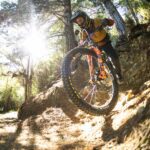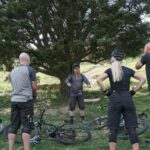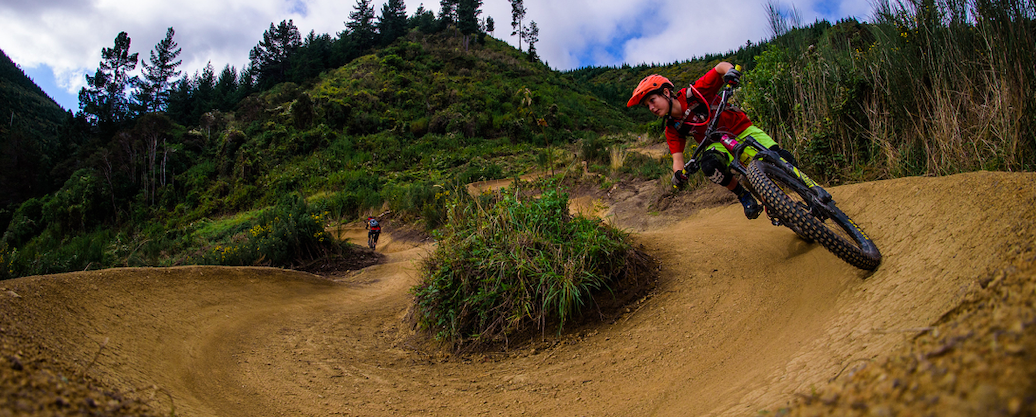
The following is from the NZOIA Quarterly magazine.
Interested in becoming a mountain bike coach? Keep reading!
NZOIA has delivered three Mountain Bike 1 assessments since the initial Assessor selection in Rotorua. As with any new qualification, a huge amount of work and through has gone into getting the expectations clear. David Mangnall (an experienced NZOIA Assessor for Bush and Sea Kayak), worked with the MTB Assessors to develop the assessment syllabus and guide, and to establish the benchmark. He also facilitated the first two assessments as a moderator, to ensure consistency between assessments and Assessors.
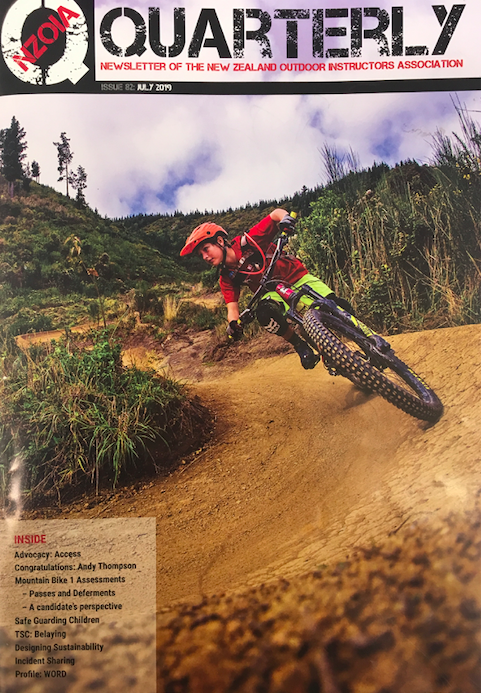
The Assessment Guide does a long way to spelling out what a candidate is assessed on. However, with any new qualification there will be a period of time for the benchmark expectations to filter through to the candidates. Currently the results are’t that hot. Thirteen people have attended a MTB assessment and only four have passed during the assessment. The rests deferred on a common theme – planning and instruction of a progressive mountain bike session.
We hope to decrease this deferment rate by getting Alistair Matthew, one of the eight MTB assessors to give you some tips on how to pass your MTB 1 first time around.
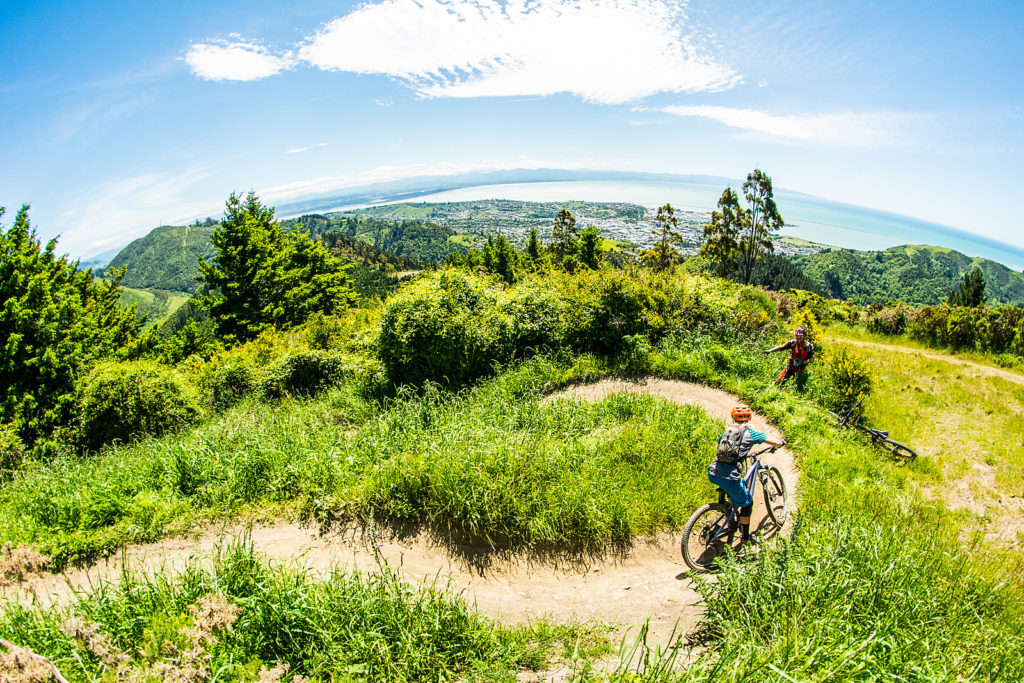
Reasons for MTB 1 Deferments
Ensure your riding skills are up to the required level (being able to ride/guide/lead on Grade 4)
- Under-estimating the level of person riding required.
A NZOIA Mountain Bike 1 holder must be able to ride, instruct and lead on Grade4. That means being very comfortable riding Grade 4. Don’t be fooled into comparing other NZOIA qualifications personal standards to what is expected for MTB 1.
Candidates are encouraged to ride a wide range of styles of Grade 4, on different Grade 4 trails in preparation for assessment. - Over-estimating personal riding ability.
If you usually ride with over individuals who are a lower level of rider than you are you could potentially overestimate your actual riding ability on the grade of trail being ridden (relative fluidity, speed, effortlessness in comparison to more competent riders).
Candidates are encouraged to ride with a wide range of individuals of different ability, both to advance your personal riding skills and to put your own riding level in perspective. - Lack of Coaching.
Some candidates, surprisingly, have never been coached in mountain biking. It is not, as the saying goes, just like riding a bike, and there is huge value getting some coaching yourself. If we are trying to become qualified a coach of mountain biking we must in some way believe in the value of being coached…those same sales points you will eventually use to get customers and students, should in face convince you to be coached to improve your own skills, but with the added advantage that you can observe how to coach.
No matter how good a rider you think you are, being coached bu a professional coach will give you plenty of material to improve your riding. - Providing well received advice and suggestions to your follow riders should not be mistaken for sufficient coaching knowledge or experience to pass the assessment. The multiple approaches for teaching specific techniques (and manoeuvres), and that these be based on current bicycle technology and trail design. Some instructional techniques (and many anecdotal suggestions) from even seen or eight tears ago are now completely inappropriate on the more modern geometry of today’s bicycles.
Candidates are encouraged to update and broaden their knowledge through instructional book research, video research, “coach the coaches” courses, and participation in professional coaching programs (as participants, volunteers, “shadows” or assistants). Obviously care must be taken in selecting appropriate resources (in particular online instructional videos can be a minefield). - Candidates, who have not done other NZOIA assessments, may fail to fully appreciate that professional, high quality, coaching requires a systematic, rigorous teaching approach incorporating solid fundamentals presented in a structured way that carers to a variety of leaning styles, participant backgrounds and participant objectives. Candidates who are more accustomed to giving ad hoc advice to friends or young participants in an informal environment often don’t understand this, especially if they have never received professional coaching themselves.
Candidates are encouraged to broaden their knowledge of coaching/teaching tecniques bt attending “coach the coaches” courses, and participants, volunteers, “shadows”, or assistants).
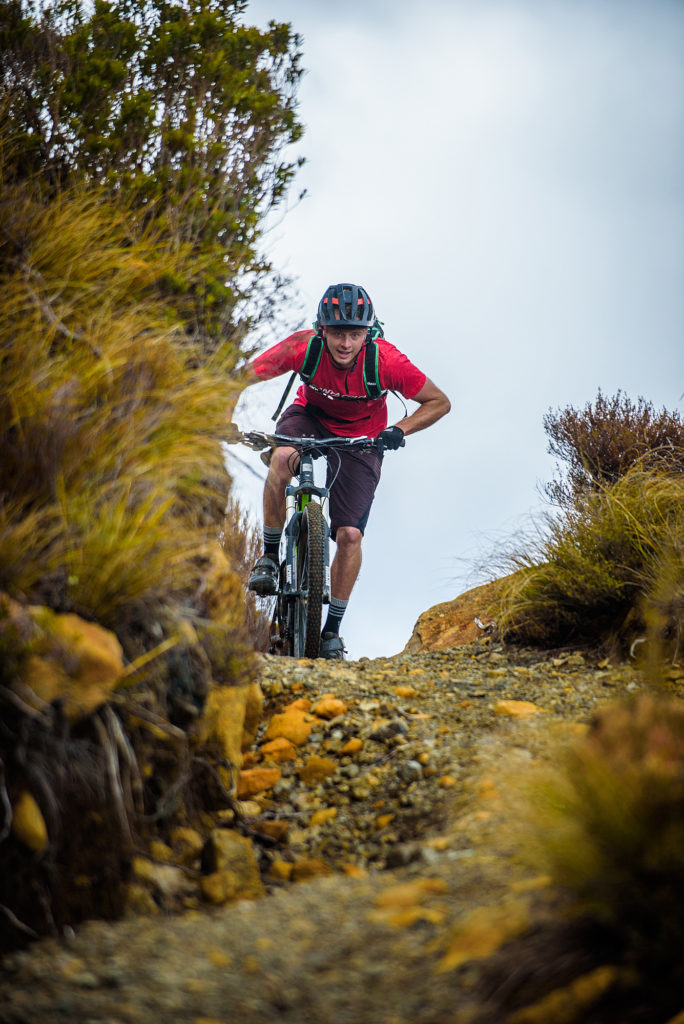
A way forwards
These five areas cover the vast majority of deferment reasons. Interestingly the NZOIA model already provides a simple way to avoid the trap of going into an assessment under-prepared in any of these ways. Simply put; do a commercial “MTB Training Course” weekend well in advance of your planned assessment to focus on personal and coaching skills’ listen to the feedback then, work on the areas you need to. And or, do a self-assessment; address the areas you think are weak in, then do the ZOIA “MTB Training Course” weekend to confirm you are up to level.
Coaching “toolkit” limited, informal, unstructured or out of date
Generally speaking the most reliable ways to reduce the chances of a deferment for the MTB assessment are:
1. Ride more Grade 4 trails (of different kinds, and with rider or three types: worse than you, the same as you, and better than you).
2. Get some professional one on one or small group coaching to improve your personal riding skills (and to see in action how those skills are coached.)
3. Broaden and update your “techniques toolkit” and your “instructional toolkit” by taking a “coach the coaches” course, and putting in the miles as a volunteer “shadow”, or assistant on existing professional coaching programs. Careful video and book/magazine research can also assist with updating and expanding your “techniques toolkit”.
– Alistair Matthew, NZOIA MTB 2, NZOIA MTB Assessor
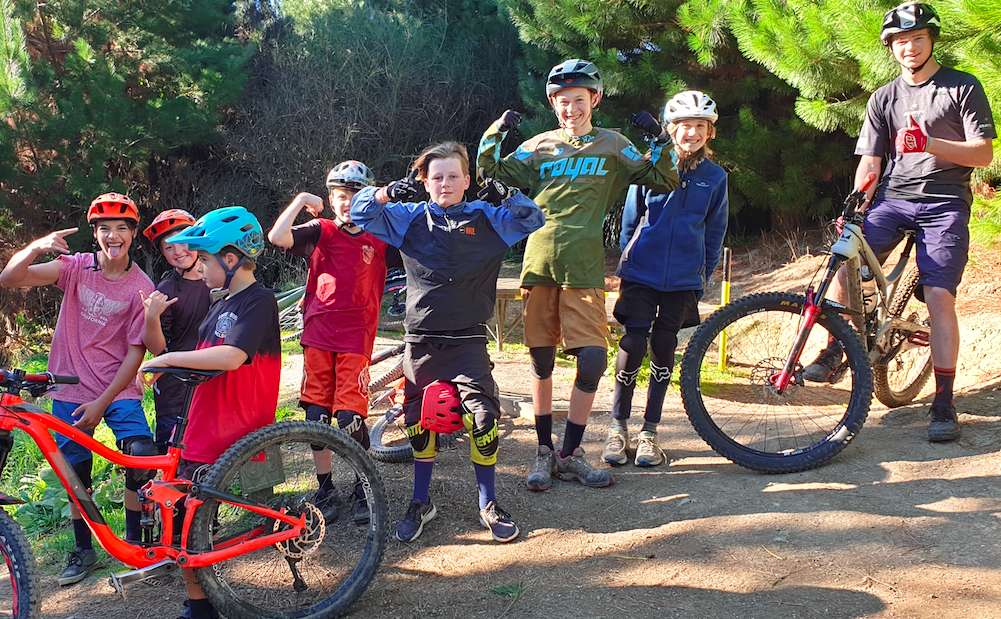
Final wrap up from NZOIA Operations Manager:
NZOIA highly recommends you attend a NZOIA pre-assessment training course prior to sitting your MTB 1 and in addition encourages you to attend a commercial course aimed specifically at your personal and coaching skills. Attend these within 3-6 moths of your assessment date.
NZOIA MTB Leader is ready for delivery from the 17 June 2019 NZOIA MTB 2 coming soon.
Where to from here:
For more information on skills instruction snd coaching to coach, look at NZOIA Assessor’s websites. Gravity Nelson provide discounts to full NZOIA Members. There are also some great resources on line, for example, ‘Seth’s Bike hacks’ on Youtube.

